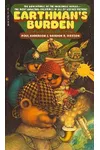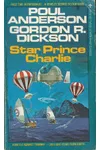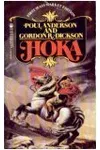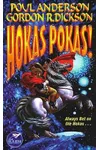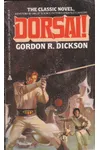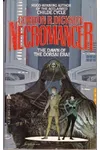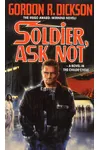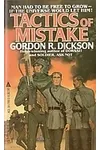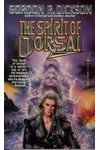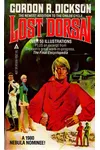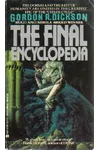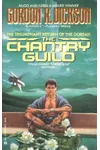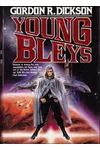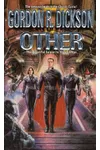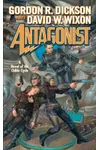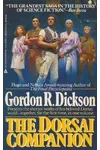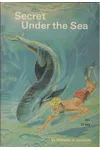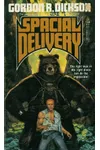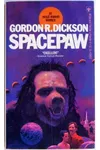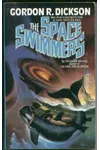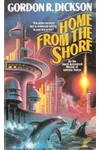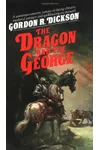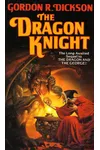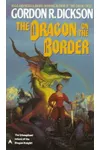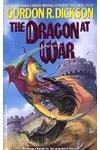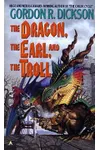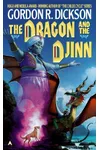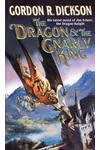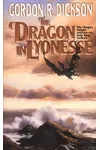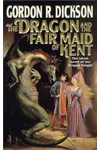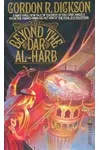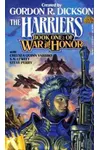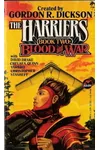Picture a Canadian-born visionary who spun tales of interstellar mercenaries and dragon-filled fantasies—meet Gordon R. Dickson! This science fiction luminary captivated readers with his ambitious Childe Cycle and whimsical Dragon Knight series, blending deep human insights with thrilling adventures. Despite battling asthma his entire life, Dickson’s boundless imagination earned him Hugo and Nebula awards, cementing his legacy as a genre giant.
Born in Edmonton, Alberta, in 1923, Dickson’s journey from a small Canadian town to sci-fi stardom is as epic as his stories. His unique blend of Nordic pathos and Midwestern charm shaped worlds that felt both vast and intimate, inviting readers to ponder humanity’s potential.
The Making of Gordon R. Dickson
Gordon Rupert Dickson’s early life was marked by change. After his father’s death, he moved with his mother to Minneapolis, Minnesota, in 1937. There, he nurtured his love for storytelling, later serving in the U.S. Army during World War II. With a Bachelor of Arts from the University of Minnesota in 1948, Dickson dove into writing, kicking off his career with the short story 'Trespass!' alongside Poul Anderson in 1950. His collaborations with Anderson, especially the humorous Hoka series, showcased his knack for blending wit with wonder.
Dickson’s gregarious personality shone at sci-fi conventions, where he strummed guitars and swapped stories, earning fans beyond the page. His lifelong asthma couldn’t dim his creative fire, and he poured his energy into crafting expansive, philosophical narratives.
Gordon R. Dickson’s Unforgettable Stories
Dickson’s Childe Cycle is his magnum opus, a sprawling future history exploring humanity’s evolution across specialized cultures—like the warrior Dorsai, mystics, and philosophers. Novels like Dorsai! (1960) and Tactics of Mistake (1971) weave ethical dilemmas with military strategy, earning praise for their depth. Dorsai! follows Donal Graeme, a superhuman mercenary reshaping the galaxy, while Soldier, Ask Not (1964) nabbed a Hugo for its poignant exploration of duty.
On a lighter note, the Dragon Knight series, starting with The Dragon and the George (1976), tosses a modern mathematician into a medieval world where he becomes a dragon. This August Derleth Award winner blends humor and heart, proving Dickson’s versatility. His short stories, like the Nebula-winning 'Call Him Lord' (1966), tackle human arrogance with sharp twists, showcasing his mastery of concise yet profound storytelling.
Dickson’s style, often called 'science fiction romantic' by critic John Clute, merges austere landscapes with sagalike grandeur. His protagonists—mercenaries or reluctant heroes—grapple with humanity’s drive to transcend, often against lovable alien foils. This philosophical bent, paired with accessible prose, made his work both thought-provoking and fun.
Why Gordon R. Dickson Matters
Dickson’s impact on science fiction lies in his ability to blend big ideas with human stories. The Childe Cycle’s vision of humanity’s fragmented yet transcendent future inspired writers and readers to ponder our cosmic destiny. His presidency of the Science Fiction Writers of America (1969–1971) and mentorship of young authors strengthened the genre’s community. Inducted into the Science Fiction and Fantasy Hall of Fame in 2000, Dickson’s legacy endures in his exploration of courage, freedom, and evolution.
His work also resonates for its optimism. Even in tales of conflict, Dickson championed humanity’s indomitable spirit, a theme that feels timeless in today’s uncertain world. Fans on platforms like Goodreads still rave about his ability to balance thrilling plots with philosophical depth.
- Born: November 1, 1923, Edmonton, Alberta, Canada
- Died: January 31, 2001, Minneapolis, Minnesota
- Key Works: Dorsai!, The Dragon and the George, Tactics of Mistake
- Awards: Three Hugo Awards, one Nebula Award, Skylark Award
Snag Dorsai! or The Dragon and the George and dive into Gordon R. Dickson’s thrilling, thought-provoking worlds!
